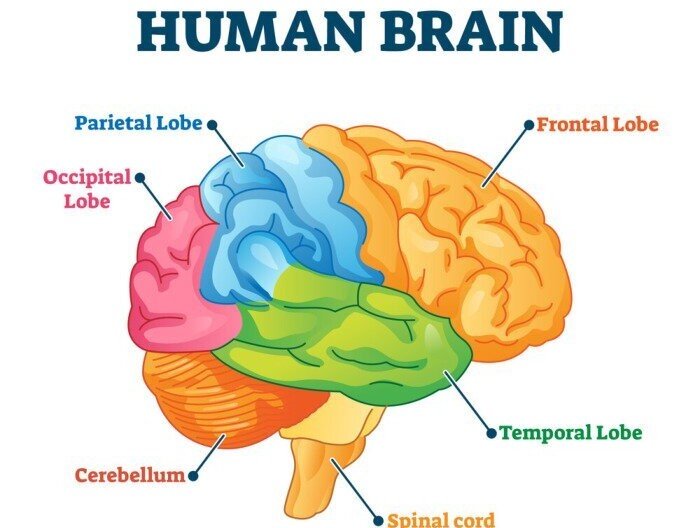Health & Wellness
Six Healthy Lifestyle Habits Linked to Slowing Memory Decline
Memory “continuously declines as people age,” but age-related memory decline is not necessarily a signal for the onset of an illness or disease (like dementia).
A longitudinal study called the China Cognition and Aging Study looked at genetic risk as well as lifestyle factors. The study began in 2009 and concluded in 2019. Participants underwent neuropsychological testing every two years.
Total participants were nearly 30,000, average age 72, 49% women and 51% men. Lifestyle consisted of six modifiable factors:
- Physical exercise (weekly frequency and total time)
- Smoking (current, former, or never-smokers)
- Alcohol consumption (never drank, drank occasionally, low to excess drinking, and heavy drinking)
- Diet (daily intake of 12 food items: fruits, vegetables, fish, meat, dairy products, salt, oil, eggs, cereals, legumes, nuts, tea)
- Cognitive activity (writing, reading, playing cards, mahjong, other games)
- Social contact (participating in meetings, attending parties, visiting friends/relatives, traveling, chatting online)
Participantss were basically categorized into three groups, based on their healthy habits. The favorable group showed between 4 to 6 healthy habits and the average group between 2 to 3. Participants’ lifestyle was scored on the basis of the number of healthy factors they engaged in. The more healthy factors, the less decline in memory, even as participants aged. Healthy diet had the strongest protective effect on memory.
Those with favorable or average lifestyle were respectively almost 90% and 30% less likely to develop dementia or Mild Cognitive Impairment, compared to those with an unfavorable lifestyle.
What’s important about a study like this is showing how lifestyle has such a huge impact on health. When I say exercise and food are medicine, it’s because they are. Supplements won’t fix you, but lifestyle changes can. They’re the hardest to change. But let me ask you this? Is it worth longevity in health? Is it worth quality of life? Is a long life encumbered with chronic pain a quality life you want to live?
Look, just start small, but implement change. I wrote a great article about setting good habits. It’s on my blog. Small steps, small changes, lead to big impacts. Consistency is necessary for results. Sure, we all fall off the wagon. Just don’t stay there. Remember, that’s not what defines you. Its consistent good habits, built over time, that will lead you to better health, better cognitive health, and less mental decline. Surely, that’s worth it to you?
I love what I do! Helping to improve people’s health by empowering them with knowledge, or developing products with ingredients that are effective. Ingredients really do matter.
Stay on task, you are enough, and somewhere, you’ve touched someone in a way you probably don’t even know. Keep rising, reaching and becoming. It’s yours to own, yours to keep.
Forever Your Champion,
Samantha

